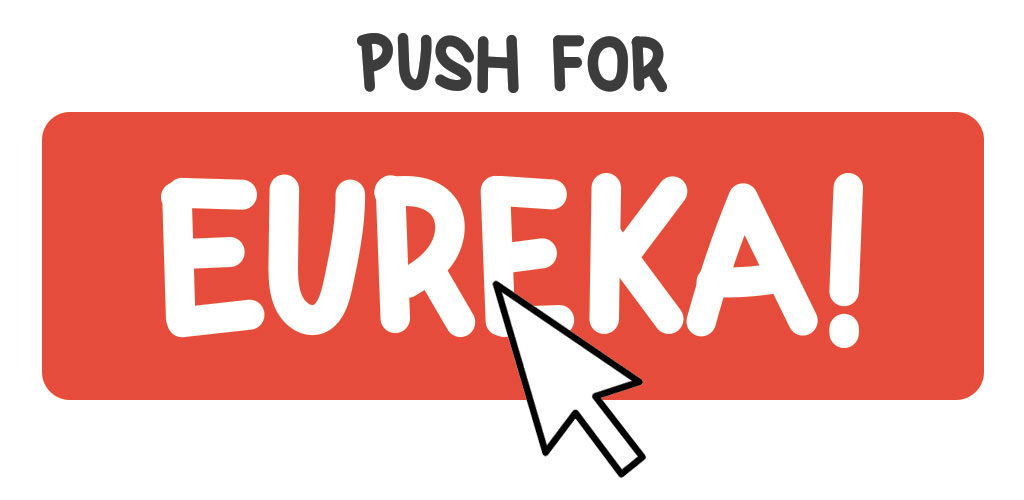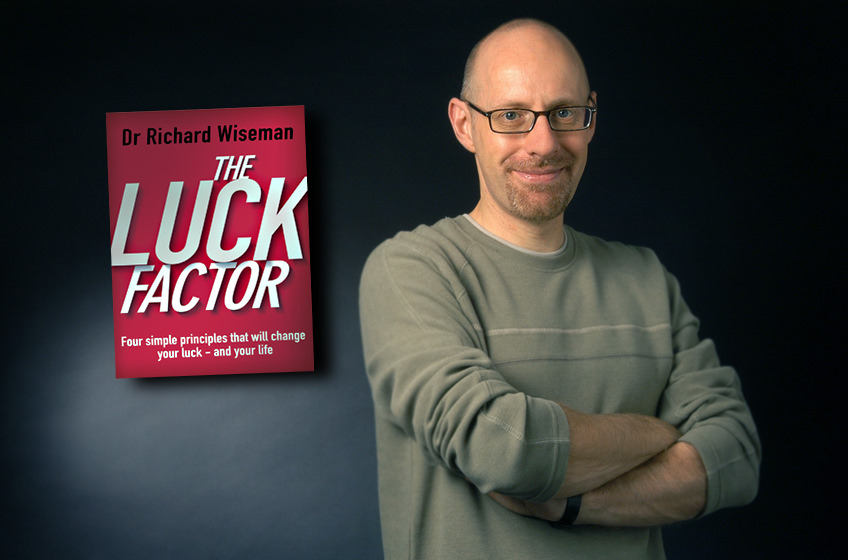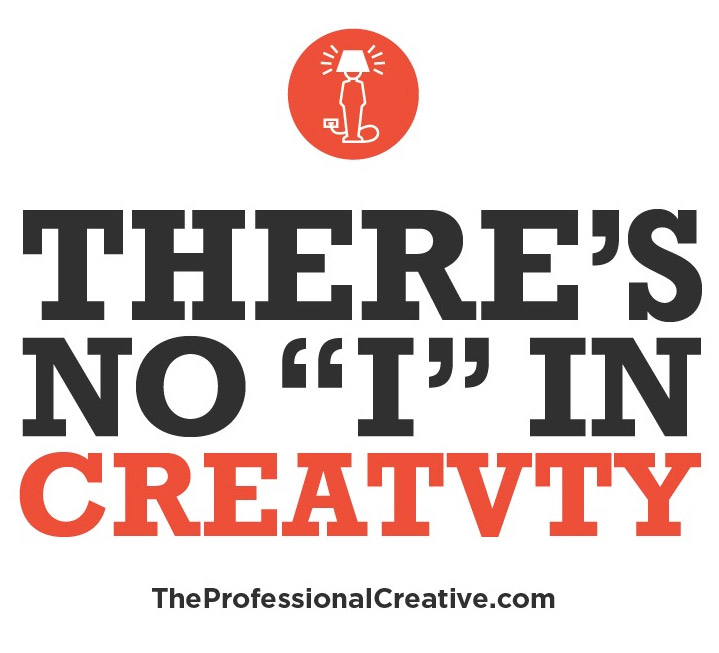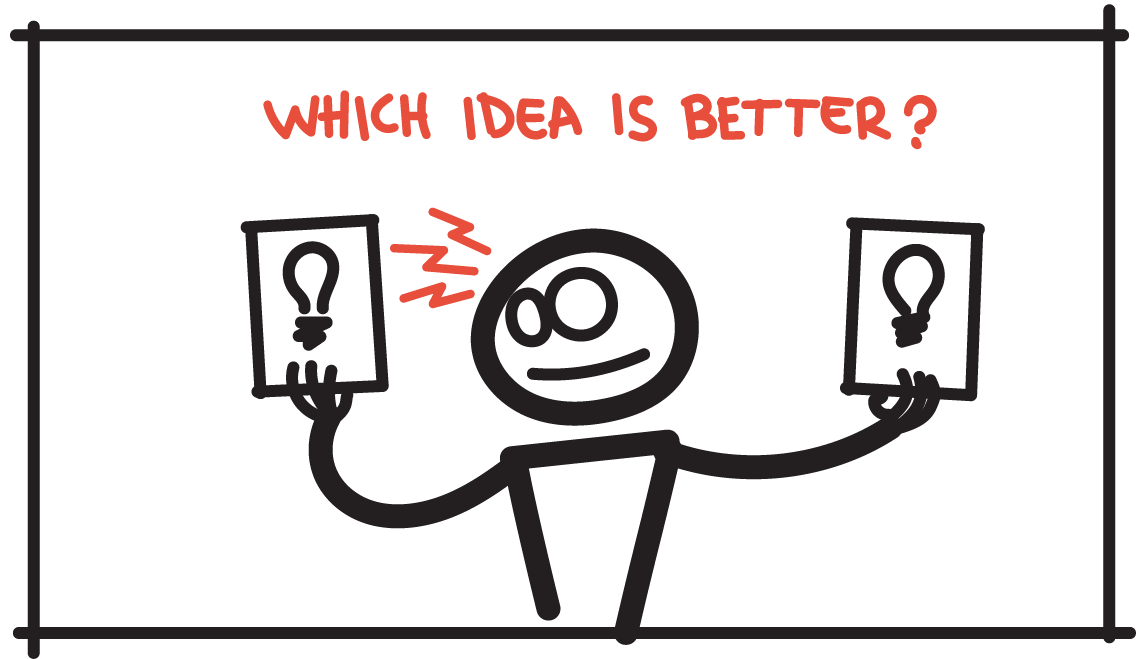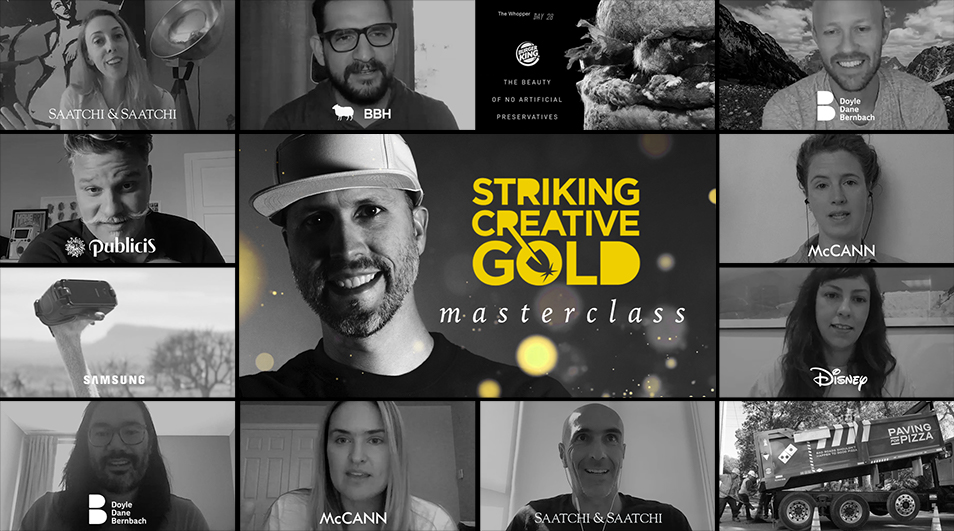In my 14 years in the ad industry I have learned a lot about creativity. I've learned from experience, from studying and from seeing creative people work. But the most important thing I learned about creativity is that it can help solve any kind of problem, not just client briefs. I've started this website to share my learnings and rogue theories in the hope of helping others be more creative – be it in advertising or not.
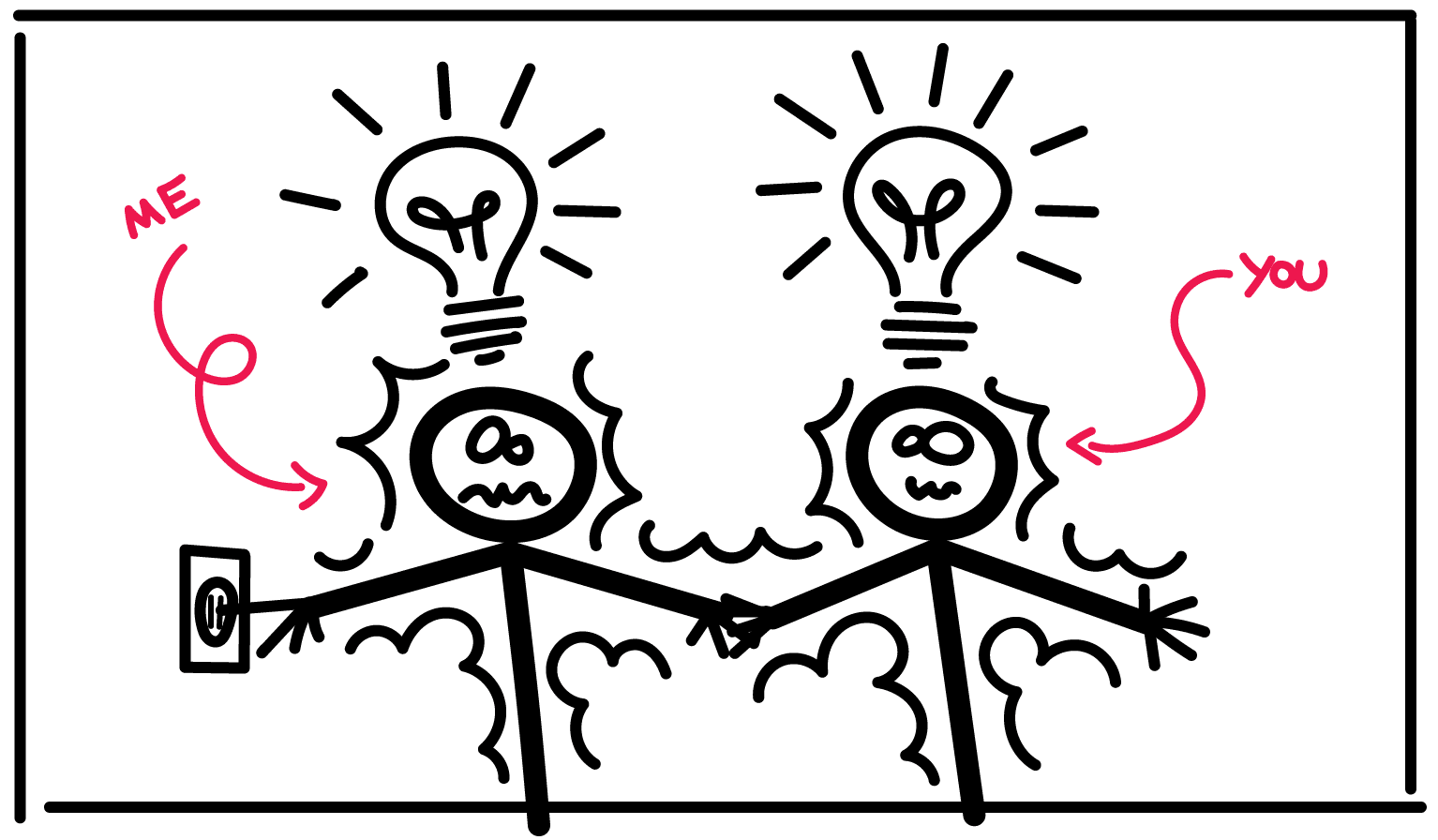
The ad industry is famous for a couple of things: creativity first and foremost. Ours just might be the fastest idea-generating industry in the world. Advertising agencies comes up with amazingly creative solutions for their clients on a regular basis. But the amount of creative ideas we generate every day is not reflected on what you see on the streets, on TV or online. For every idea that sees the light of day, there were probably a hundred plus decent alternatives that went to the trash. Which leads me to my second point.
The ad industry is also famous for its long working hours. 80-hour weeks is something we hear about often. Some of us just accept it and push through it. And it works. I dare say most of the world's top advertising creatives work very long hours day in and day out.
I'm not one of those guys.
We need to have a life outside advertising to get inspired and "cross-pollinate" our thinking. Otherwise you will keep having inbred ideas - that happens when all your inspiration comes from within advertising, and the results feel like something you've seen before.
But how do we escape the creative rat race? How can we still do great work and be successful without killing ourselves? What we need to do is to revisit our creative process, and there are a number of ways of doing it - both orthodox and otherwise.
Since I started my first job in advertising, I started looking for ways to work faster and better than everyone else. The things that help me be a better creative sometimes seem crazy or counter-intuitive. Sometimes it's just plain obvious.
Some stuff really works for me, and maybe it works for you too. It doesn't matter if you work in advertising or not, some of the ideas I'll share with you on this website may help you be better and more efficient with your creativity.
Leave me a comment below, let's discuss. Do you also think creative people can be brilliant and leave the office on time?
